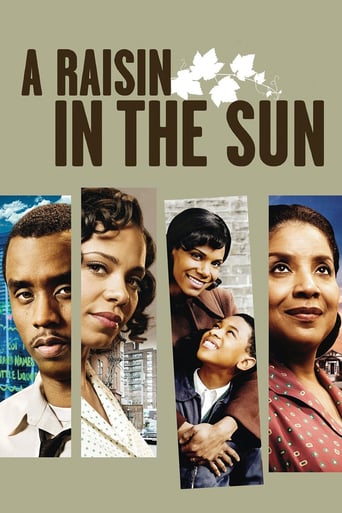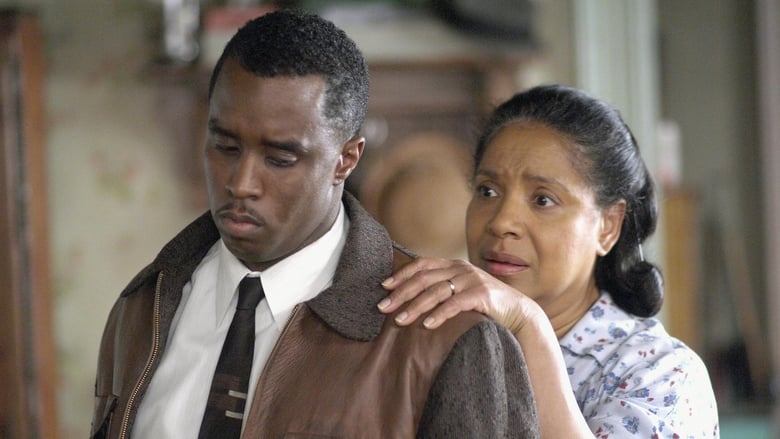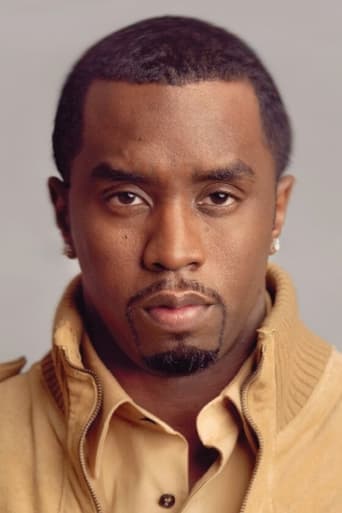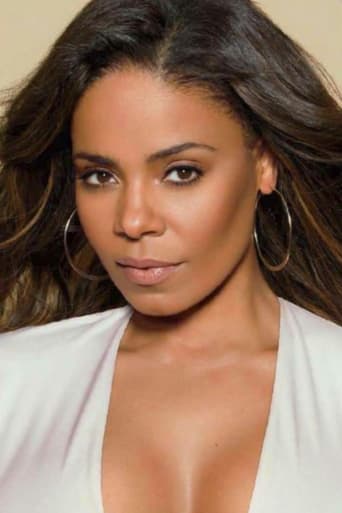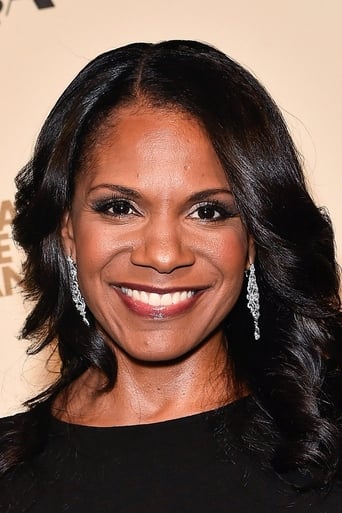A Raisin in the Sun (2008)
Dreams can make a life worth living, but they can also be dashed by bad decisions. This is the crossroads whare the Younger family find themselves when their father passes away and leaves them with $10,000 in life insurance money. Should they buy a new home for the family? Perhaps a liquor store? While no choice is easy, life on the South Side of Chicago in the 1950s is even harder.
Watch Trailer
Cast


Reviews
Too much of everything
A terrific literary drama and character piece that shows how the process of creating art can be seen differently by those doing it and those looking at it from the outside.
The movie's not perfect, but it sticks the landing of its message. It was engaging - thrilling at times - and I personally thought it was a great time.
It’s sentimental, ridiculously long and only occasionally funny
I am not a huge fan of remakes, particularly when the original is as iconic as the 1961 A RAISIN IN THE SUN. But this is a worthy effort, particularly considering it was made for television.I think casting Sean Combs as Walter Lee was a mistake; he lacks the intensity that Sidney Poitier exhibited in the original, and in fact at times seems uncertain as to how to play the role. But the producers have buttressed his performance with some heavy duty talent: Phylicia Rashad as Lena, Audra McDonald as Ruth, and Sanaa Lathan as Beneatha.Yet despite all this there is a curious lack of energy to this production. Rashad tries hard, but she does not have the gravitas that Claudia McNeil brought to the role. McDonald tries even harder, but all I can say is she's no Ruby Dee and perhaps the comparison is even a tad bit unfair. As for Lathan, she's the only one with a certain amount of energy, but I found her deliberate imitation of Diana Sands, right down to the way she read some of her lines, irritating and unworthy of an actress whom I suspect is more talented than that and simply chose to cut corners.The sole improvement on the 1961 film is the role of Asagai. Not so much David Oyelowo's performance, though he's fine here, but in the original film the role was severely cut down from the stage version and this production replaces an important speech delivered by the character to Beneatha after the money has been lost. Pity that Ivan Dixon did not get the chance to deliver this speech in the 1961 film.The five stars are mostly for the smooth camera work and a fair effort on the part of the actresses. As remakes go it isn't bad, but when it was over I still was left with the feeling "Why did they bother?"
After watching the original, I had to watch the 2008 remake with Sean Combs and Phylicia Rashad. There were additional scenes that weren't in the original, but for the most part it was nearly word for word, which was surprising for a remake. I also thought some of it was better than the original, but a few scenes weren't as good, either. I thought Phylicia Rashad did a better job at Lena than Claudia McNeil did. And Ruby Dee in the original did a better job at Ruth than Audra McDonald did. The part of Beneatha was well played by both actresses.Overall, if this were the only version I'd ever seen, I'd say they did a fantastic job!
Although this version of A Raisin In The Sun doesn't come up to the first film version which contained many of the original Broadway cast, the 2008 reenactment can certainly stand on its own. Wisely the producers left the time as it was in the late Fifties on the cutting edge of the Civil Rights movement.I doubt you could do a modern version of A Raisin In The Sun with the election of Barack Obama. But that fact lends a certain poignancy to this production. One only wishes that Lorraine Hansberry had lived to see Election Day of 2008. Her work now inherits the mantle of history.Some things haven't changed though. The Younger family if they were around today would still be experiencing some of the same economic issues. And making the big family decision about what to do with the $10,000.00 in insurance money that the recently departed Walter Lee Younger Sr. provided for his family.The conflict centers around Sean Combs as Walter Lee Younger, Jr. and his mother Phylicia Rashad. Combs sees an opportunity in a liquor store with two partners and Rashad wants a move to the suburbs and out of the Southside of Chicago. The family does come together however when a neighborhood association as represented by John Stamos offers to buy them out of moving to his lily white neighborhood. In the original play and film version the part John Stamos plays was done by John Fiedler. Talk about radical casting change.This is not as good as the first film version, but it does hold its own and well.
In 1959 Chicago, the Younger family lives in a small apartment with cockroaches and other problems, although they have done their best to make it look nice.Walter works as a chauffeur for a white family that doesn't seem to acknowledge him as a human being. He is tired of "Yassir" and "Nossir" and wants to start his own business with friends Bobo and Willy.Walter's mother Lena works as a maid and is loved by the little girl she cares for, but she can quit that job now since she is getting a $10,000 life insurance check after the death of her husband.Walter's wife Ruth does people's laundry and raises their son Travis. Walter's sister Beneatha also lives with them, sharing a room with her mother. Travis sleeps on the couch in the living room.What is the best way to spend the insurance money? Beneatha could use it to go to medical school. She is in college now, and she has two potential romantic partners--George, who comes from a rich family and is about as black as Carlton Banks, and language professor Joseph Asagai, who wants to teach Beneatha about Africa.But Walter wants to open a liquor store. Imagine how that will go over with his devout Christian mother. Lena sees a great opportunity to move into a better neighborhood. But the people next door to the house she finds are all white and don't want blacks moving in.For the most part, this movie came across as the quality production ABC told us it was. The characters are strong and have values, but the question is how much will circumstances cause them to question those values.Phylicia Rashad will surely be mentioned at Emmy time. She was outstanding, showing so much emotion when the time came to do it. It's the first time I ever saw her play a truly black character. I had to look closely to make sure it was actually her. Up until now, she has played attractive, young-looking women who could have been any ethnic group but happened to be dark-skinned.Audra McDonald also did a very good job, and she was quite good-looking even here, with such a nice smile.David Oyelowo showed so much passion for his heritage and for teaching the woman he cared about to have the same passion.Not to take anything away from her performance, but Sanaa Lathan just got on my nerves. Perhaps that means she was doing everything right.Sean Patrick Thomas did a good job showing another side of black culture; in the 1950s most blacks did not have money, and despite having dark skin, he seemed out of touch with the problems of his race, quite content with life.Sean Combs didn't quite give the impression of quality that ABC had led me to expect. He was good, but almost always so bitter. I can't blame the writing, because Sidney Poitier played the role, and we all know he would have done a magnificent job with it. But Combs was good enough. Bill Nunn had one fine scene as Bobo. He was in several other scenes, but he lived up to the promise of this film.I liked John Stamos a lot on "Full House" (in fact, he was the reason I started watching the show in the first place). I liked him here. But surely not everyone will. He seemed out of place in this type of production. It was like watching Uncle Jesse facing Aunt Becky and trying to weasel out of having behaved in a racist way, mainly by explaining it was everyone else who wanted him to do it. But he was not threatening at all. This is certainly worth seeing.

